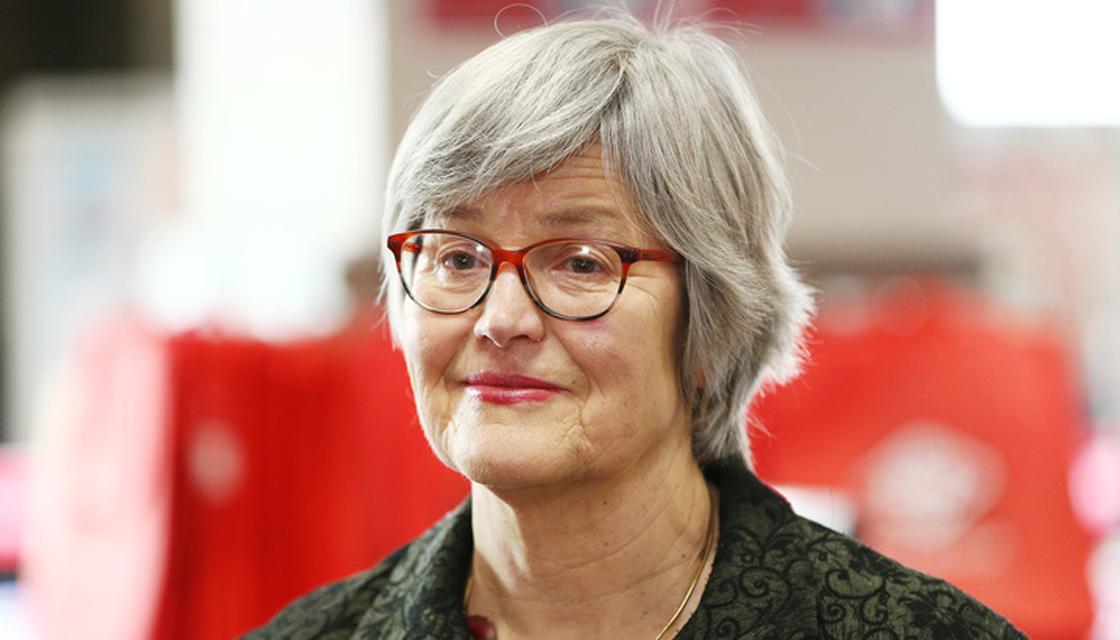Plastic straws, cotton-buds, drink stirrers, plastic tableware, some single-use cups and lids, single-use produce bags and non-compostable produce stickers are planned to be phased out by January 2025.
The proposal is part of a consultation document, released by Associate Environment Minister Eugenie Sage on Wednesday, called Reducing the Impact of Plastic on Our Environment, which will seek feedback from the public.
"The level of plastic pollution in the oceans is unacceptable," Sage, a Green MP, said. "It is distressing that birds, fish, whales and other marine mammals die from eating plastic which did not need to be made in the first place."
She said phasing out hard to recycle and single use plastics will help reduce plastic waste and pollution and will improve the recycling system.
"To reduce marine pollution and waste to landfill we can identify what plastic products we really need, phase out unnecessary and unrecyclable plastics, and ensure others are designed and made so that we can recover and reuse the materials in them."
The consultation will be open for 12 weeks until November 4, and all phase-outs are proposed to come into force by January 2025 with some phase-outs to happen earlier depending on the type of packaging or item.
Phase-outs by 2023:
- Some polystyrene food and beverage packaging will be phased out.
- All PVC food and beverage packaging - Polyvinyl chloride (PVC) is considered the most environmentally damaging plastic because disposal results in the release of toxic, chlorine-based chemicals.
- All oxo-degradable plastic products - plastics that fragment into smaller pieces, called micro-plastics, that don't break down like biodegradable and compostable plastics.
Phase-outs by 2025:
- All remaining polystyrene food and beverage packaging will be phased out.
- All other polystyrene packaging used in homeware and electronics will be phased out.

Why not ban disposable coffee cups?
The Ministry for the Environment considered a number of problem single-use plastic items, and coffee cups and wet wipes - which often contain plastic - were acknowledged as having high environmental impact but low availability of alternatives.
Instead, the Ministry for the Environment has sought further information on how it could reduce the impact of those items while working towards a potential phase-out in the future.
An exemption is proposed to allow specified retailers such as pharmacies to stock straws to enable disabled persons or their carers to purchase them as needed.
Restaurants and other food outlets could also be allowed to provide plastic straws with food or drink upon request - an approach taken in the UK regulations, which come into effect in October this year.
Greenpeace has welcomed the Government's announcement, but campaigner Holly Dove is calling for the ban to cover a wider range of products, including plastic drink bottles.
"To really make a dent in the tide of plastic pollution, we need to get rid of throwaway plastic drink bottles, and establish reusable alternatives and systems to collect and reuse plastic alternatives".
Sage said the announcement follows the success of the phase out of single-use plastic shopping bags in July 2019.
Since that time, 202 businesses have been reported by over 450 members of the public as breaching the ban, with 53 out of those businesses being reported by members of the public more than once.
In some cases, businesses have used very thick plastic bags, over 70 microns, which are compliant with the regulations often described as a loophole in the system.
The Waste Minimisation Act does allow for fines of up to $100,000 to be issued for those who deliberately contravene regulations under the Act including the plastic bag ban.
But the Ministry for the Environment says there have been no necessary prosecutions to date.



